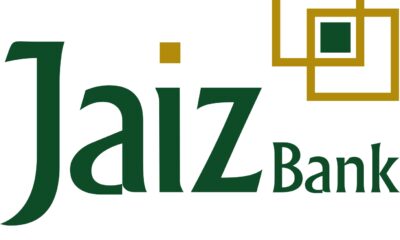Telecommunications operators and financial services providers on Tuesday traded blame over rising financial frauds perpetrated in the country through telecommunications networks.
At a stakeholder meeting on financial fraud using telecoms platform convened by the Nigerian Communications Commission, operators in both the financial and telecommunications services had a heated debate over who should bear what blame as a result of frauds committed on customers’ bank accounts using technology networks.
It was difficult for the stakeholders to come to an agreement whether the victims of financial fraud should be classified as bank customers or as telecommunications operators’ customers.
Another difficulty that the stakeholders had was in establishing who ought to bear the responsibility for the building of technology infrastructure that would help to dictate when a wrong subscriber that had swapped a SIM initiated a financial transaction through the networks.
Telecommunications operators alleged that banks wanted the technology solution to be given to them free while the banks contended that their services provided a flow of income to telecommunications operators.
It took the intervention of both the Central Bank of Nigeria and the Consumer Protection Council to establish that the subscribers were bank customers even when they used technology platforms to carry out transactions.
In an address at the forum, the Executive Vice Chairman, Nigerian Communications Commission, Prof. Umar Danbatta, said the commission was collaborating with the CBN, the Nigeria police and other relevant agencies in the fight against e-banking fraudsters.
He said, “This important forum is taking place at a time when the level of financial fraud has reached N12.5bn. So, something needs to be done urgently to secure the confidence of Nigerians in the financial system as well as a communications system in the country.
“Despite advances in software technology, human intervention is still required to prevent SIM swap fraud, which is quite difficult to detect. Also, controls and processes by network operators have to a degree failed and led to instances of human error in retail branches in distributing SIM cards.”
Speaking at the event, the Minister of Communications, Mr Adebayo Shittu, said the incidence of financial fraud using telecoms platforms had been pervasive.
Shittu said, “We believe innovation needs to be meaningful to ensure that nations and societies everywhere benefit from technological advancement. Technology disruption has been infused in every facet of the Nigerian economy.
“The impact of online fraud cannot be underestimated or denied. Indeed, it leads to the loss of reputation and income and it is tied to direct financial loss of billions of naira in the financial sector, e-commerce and telecommunications.
“The frequency of identity theft is alarming and this is why the government is putting its full might behind efforts to confront this menace and to put an end to it.”
In a lead presentation, the Managing Director, Digital Knowledge Associates, Mr Benedict Anyalenkeya, said technologies for SIM cloning had become pervasive and cheap that banks must not only take care of their back-end but also the front-end security.
According to him, banks have traditionally sacrificed security for ease-of-use. This, he added, puts customers in jeopardy while banks secure their own end of the networks.

 Billionaire Watch3 weeks ago
Billionaire Watch3 weeks ago
 Startups4 weeks ago
Startups4 weeks ago
 News4 weeks ago
News4 weeks ago
 News4 weeks ago
News4 weeks ago
 Bitcoin4 weeks ago
Bitcoin4 weeks ago
 Naira4 weeks ago
Naira4 weeks ago
 Forex3 weeks ago
Forex3 weeks ago
 Treasury Bills4 weeks ago
Treasury Bills4 weeks ago

























